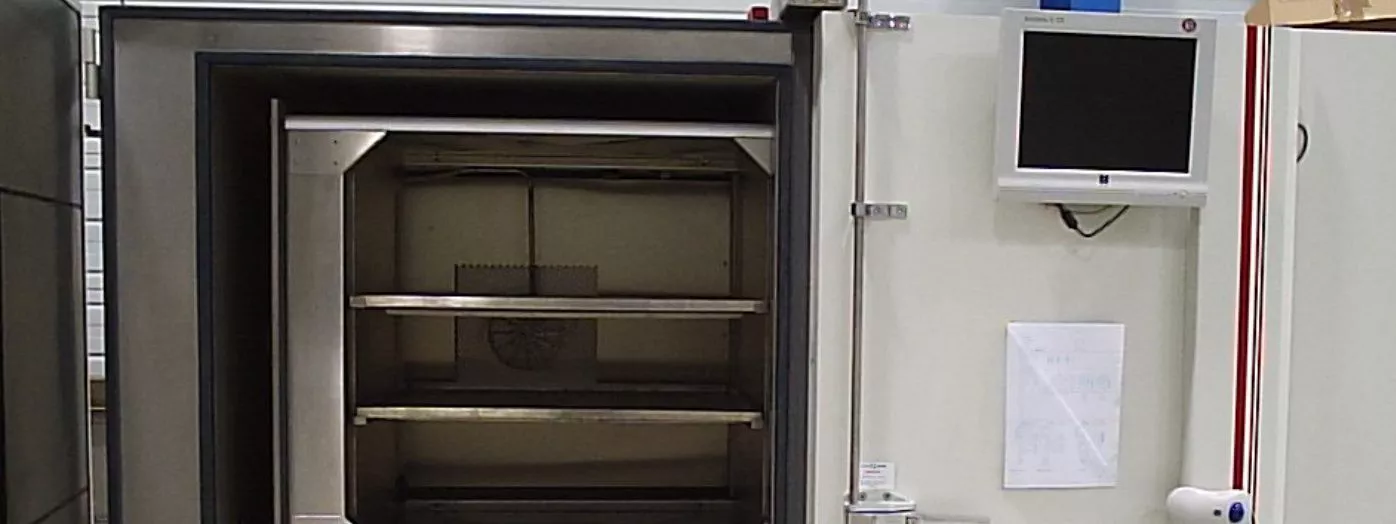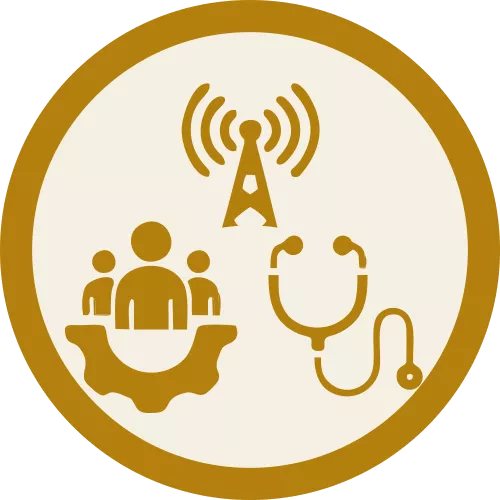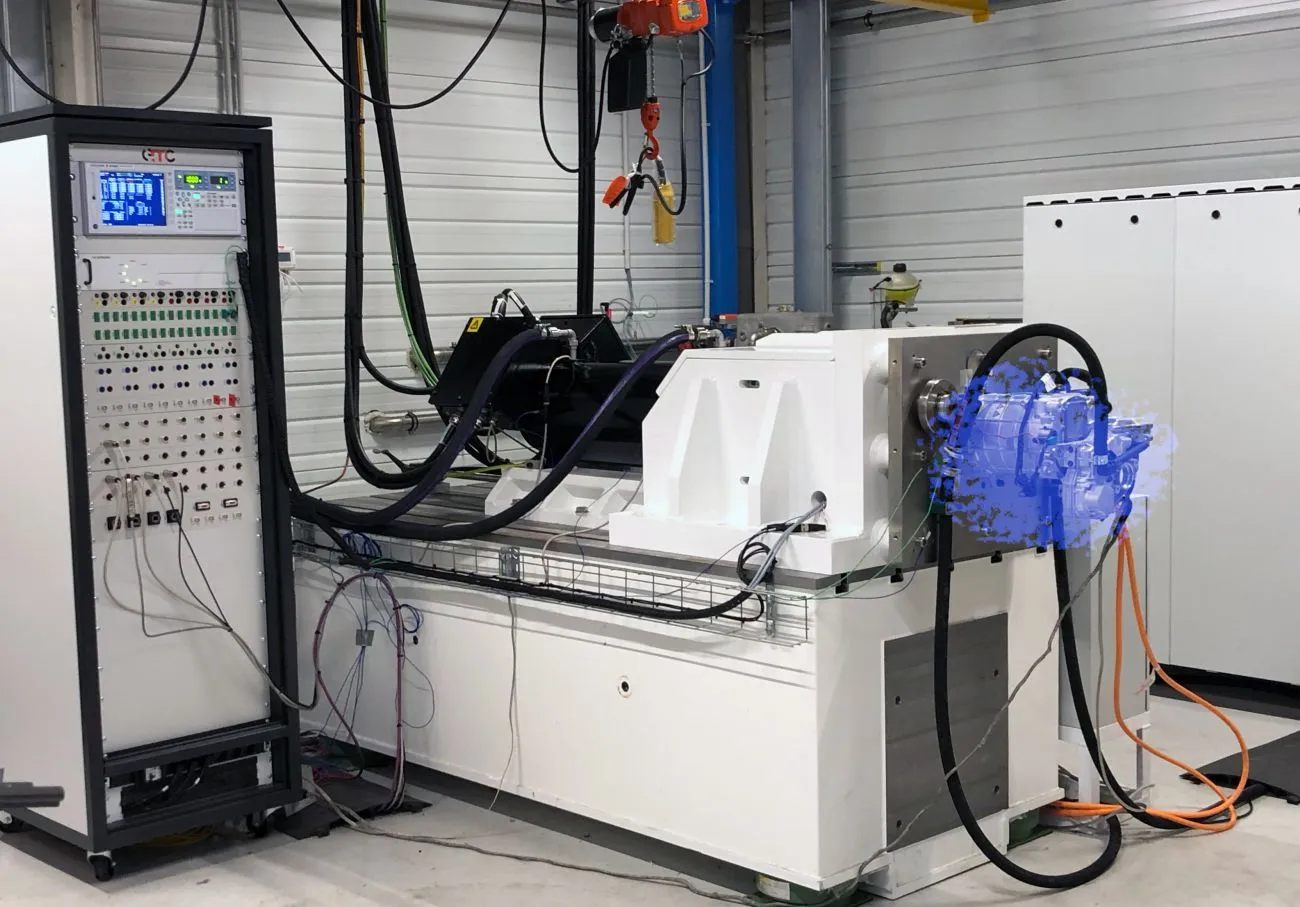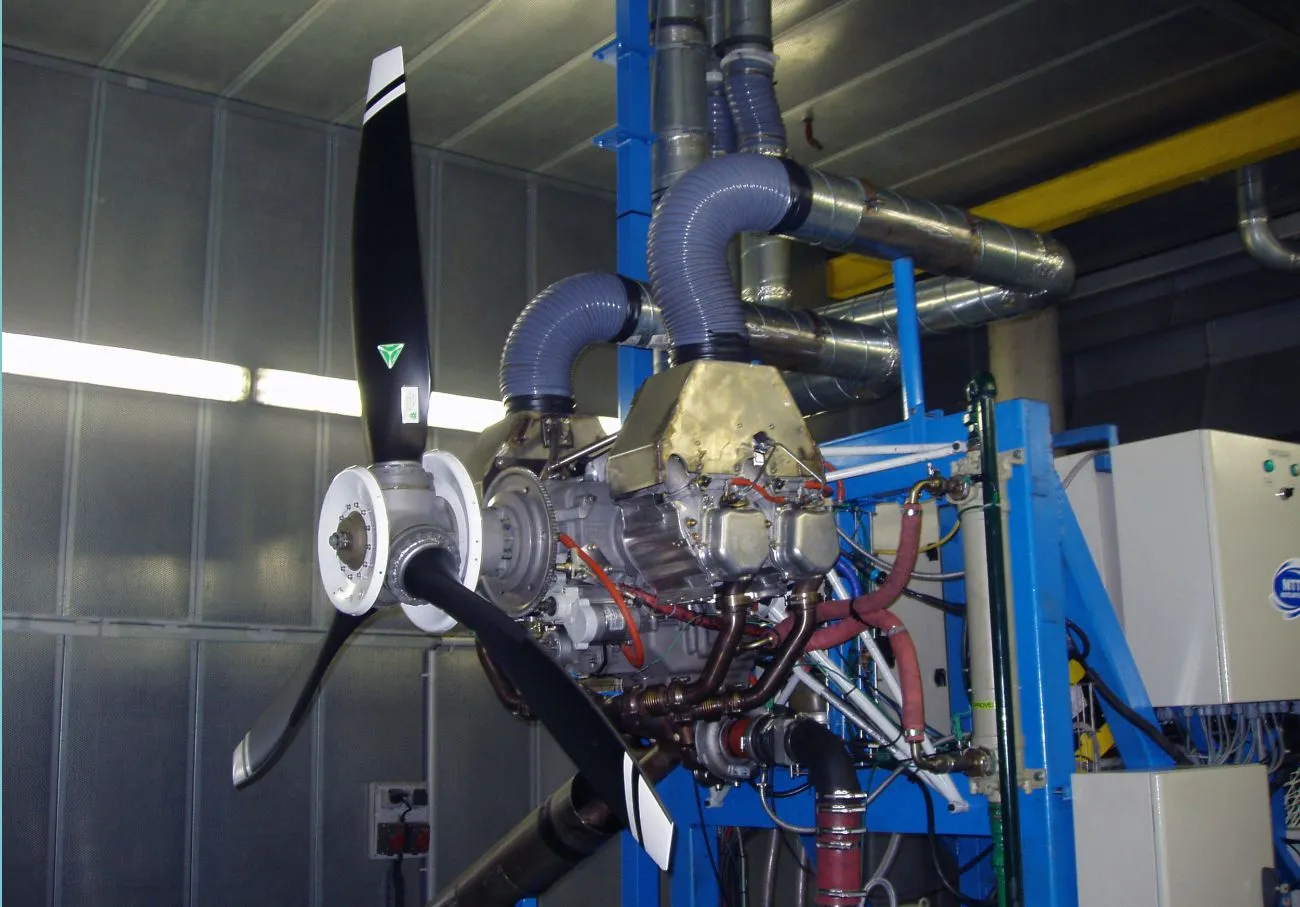Thermal shock tests
Validate the resistance of your equipment to temperature variations
Why carry out thermal shock tests?
- Identify mechanical and structural weaknesses induced by thermal cycles.
- Validate the robustness of products in extreme environments.
- Test compliance with industry standards
- Accelerate the ageing of equipment
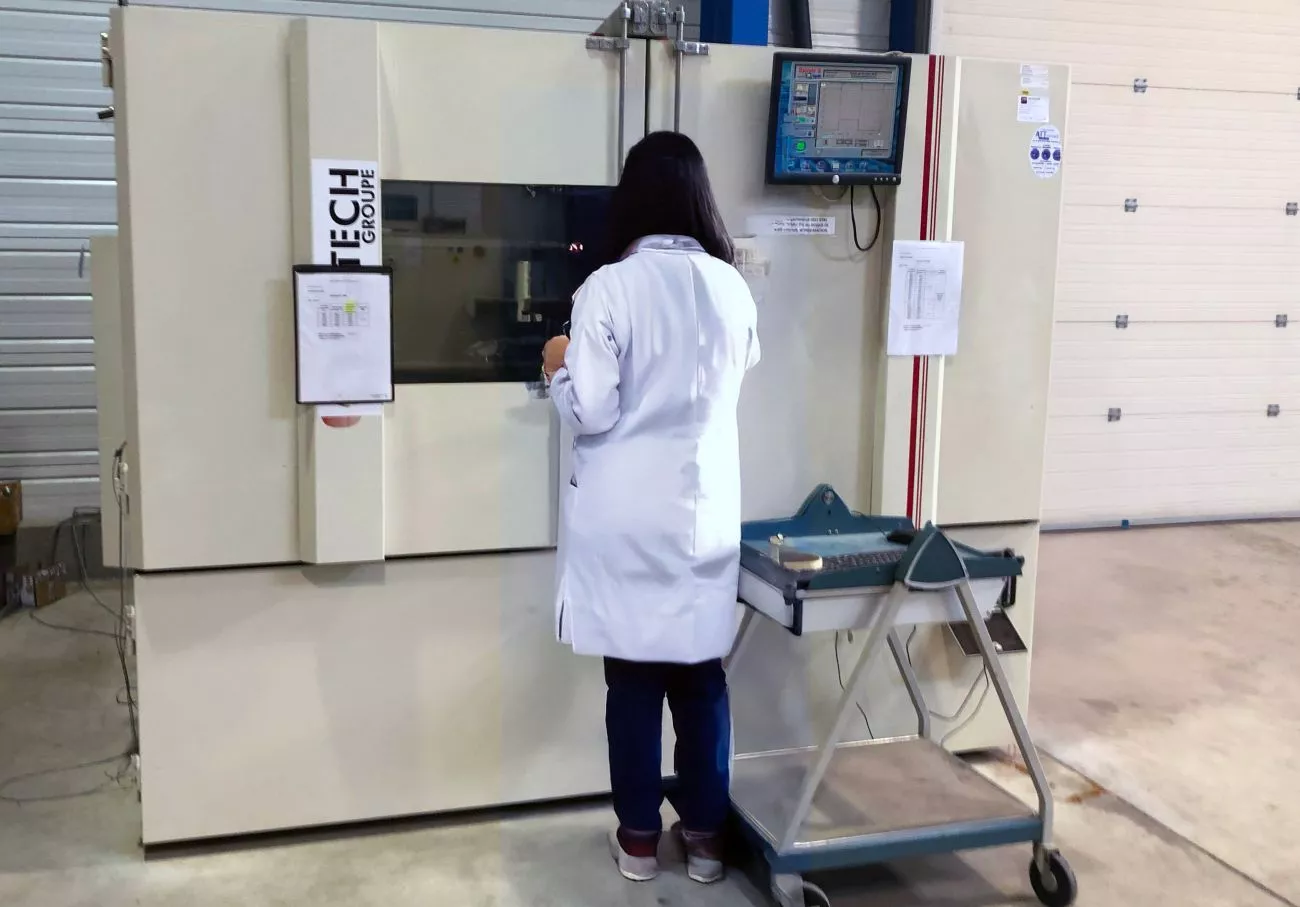
The different types of thermal shock test
- Air-to-air thermal shocks: Rapid transition from a hot to a cold compartment.
- Air-to-water thermal shocks: Immersion or rapid spraying of equipment after exposure to high temperatures
Our thermal shock testing services
Our testing capabilities and technical resources
Thermal shock enclosures
- 9 dedicated speakers in automatic mode
- Transfer time: less than 10 seconds
- Useful volume: up to 790x740x850 mm
- Temperatures: -60°C to +160°C
- Water between 0°C and 4°C with the possibility of combining with Arizona dust and/or salt (NaCl)
- More than 120 environmental chambers in manual mode
- Temperatures: -90°C to +650°C
Talk to our thermal shock experts
Real-time monitoring and analysis
Standards applicable to thermal shock tests
- IEC 60068-2-14 / NF EN 60068-2-14: Tests for rapid temperature changes.
- RTCA DO 160 Section 5: Rapid temperature variation tests for aeronautical equipment.
- MIL-STD-810, AECTP 300, GAM EG13: Qualification tests for military equipment.
- NF EN 50155: Railway applications - Electronic equipment used on rolling stock
- MIL-STD-883: Specific tests for electronic equipment / components.
- ISO 16750-4: Tests for automotive equipment.
Failure modes identified during testing
Thermal shock testing can identify several types of mechanical or electrical damage and defects:
- Appearance of cracks and mechanical breaks.
- Failure of electrical insulation.
- Alteration of the properties of electronic components.
Integrate thermal shock testing into product development
- Analysing the normative requirements specific to your sector.
- Implementation of tests with configurations adapted to your products.
Needs
Discover a selection of additional resources that explore topics related to this page including regulatory contexts, technical articles, and specific areas of expertise. These materials provide further insight to help you better understand the key challenges and available solutions.
Contact us for a quote
